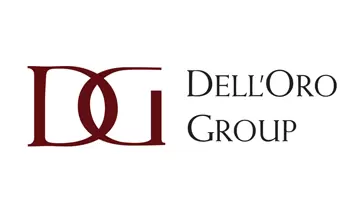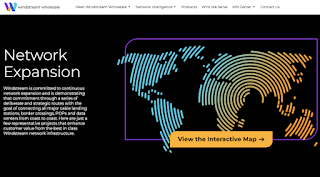T-Mobile US has made an equity investment in Movius, a start-up software provider for secure and compliant mobile communications based in Cupertino, California.
T-Mobile’s MultiLine service is powered by Movius. The service allows employees to use a single smartphone for personal and business communications in a way that meets compliance standards. It enables employees to use their personal phone to call, text and even use apps like WhatsApp on a dedicated, secure, compliant business line.“We’re thrilled to further advance our partnership with T-Mobile for Business to offer MultiLine to an expanded set of industries with diverse use cases across Healthcare, Pharmaceutical, Government, Legal Services and other highly-regulated industries,” said Ananth Siva, CEO at Movius. Siva added that T-Mobile MultiLine is gaining significant traction with companies in the non-regulated space as well, including those in the Hospitality, Transportation, and Construction industries and with small to medium size businesses looking to save on device costs.


















